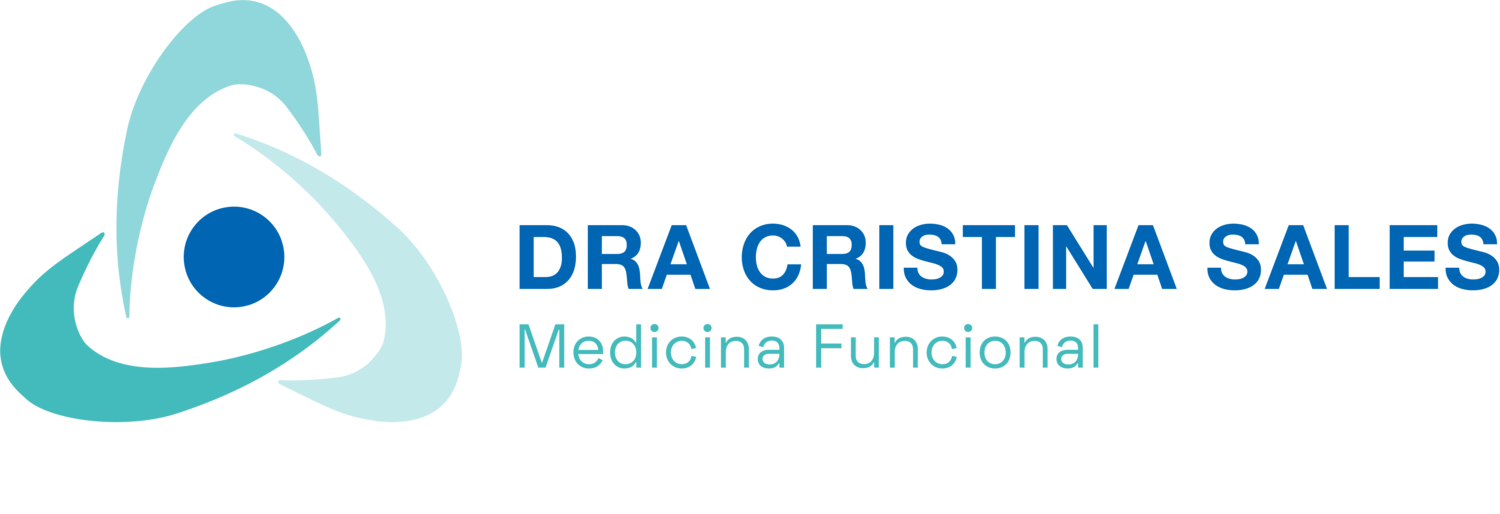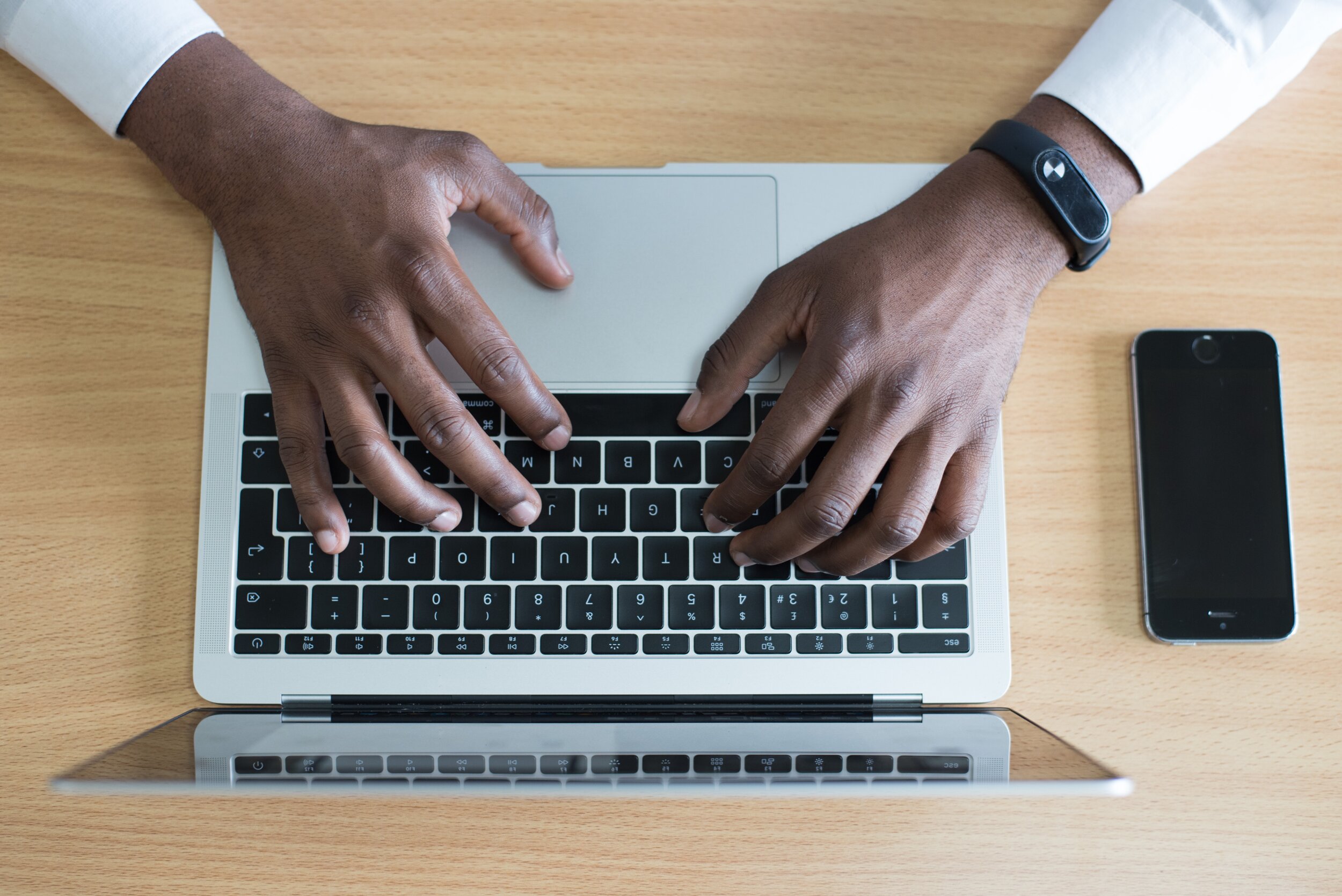Death By Email
It is indisputable that email made our lives easier.
It changed the world, bringing people closer, making communication faster than ever before, getting things done at a speed that just three decades ago would seem beyond crazy. It is not possible to imagine living without email.
Is it a good thing? Yes, definitely.
But, as they say, “you can have too much of a good thing”.
Email is one of those things.
By making emailing effortless, the barrier to send a message was reduced to nothing. What took hours to do - the processo of thinking of what and how to say what we want to say, write it, going to the post service, stamping and sending the letter - it now takes literally seconds: we just type, click send, done. Simple, easy and convenient.
There is a dark side to this simplicity: the number of emails anyone receives any given day. Everyone does it. Everyone sends and receives emails every single day. It is just the staple “official" mean of communication.
And there is a not-so-hidden cost to it.
Each email triggers a cascade of decisions that must be made. As soon as we see the notification or we notice the red mark, we make the decision of reading it that moment or later. Note that, when this happens, we have already interrupted what we were doing. If we decide to read immediately, then we need to decide if there we should reply right away or if that can be pushed to a later moment, forward to someone or deleted. If we decide to reply but “not now”, then it goes to our to-be-replied bundle that we call “inbox”. And we go back to do what we were doing.
Only to start all over again next time an email comes in or - God forbid - we visit the inbox.
There are two fundamental issues with this cycle: decision fatigue and task-switching.
Every decision requires brain power.
No matter how big and life-changing or small and irrelevant, we use the same tools and resources: neurotransmitters, hormones and ATP, our body’s energy. The more we spend, the less we got. As Dr Roy Baumeister states in his “Willpower: Rediscovering the Greatest Human Strength” book, "Making decisions uses the very same willpower that you use to say no to doughnuts, drugs, or illicit sex.”
There is a reason why people like Barack Obama, Steve Jobs and Mark Zuckenberg uses the same outfit everyday: they save their brain power to when and where it really matter.
The metabolic burden of decision making leads to “Decision Fatigue”, the "deteriorating quality of decisions made by an individual after a long session of decision making”.
The impact is massive:
reduced ability to make good choices and decisions,
decision avoidance,
brain energy imbalance and
mood imbalance.
The brain ends up being “drained”.
All the decisions a single email triggers adds to this fatigue. Can you imagine the compounding effect of dozens and hundreds of emails?
And then we have all the task switching that occurs when a new email (or text or notification) arrives in the inbox. There is an urge to open it, look into the message it contains. It is designed to have that effect, fueling the FOMO we share. We stop what we are doing to check it. This constant interruption has been shown to negative impact creativity, complex thinking, executive function and productivity. As it also requires brain power, helping to drain resources.
At the end of the day, email will lead to burnout.
The convenience of emailing will have a big toll in our bodies, brains and minds with significant impact in our society. We can definitely have too much of it.
We can have Death By Email.

